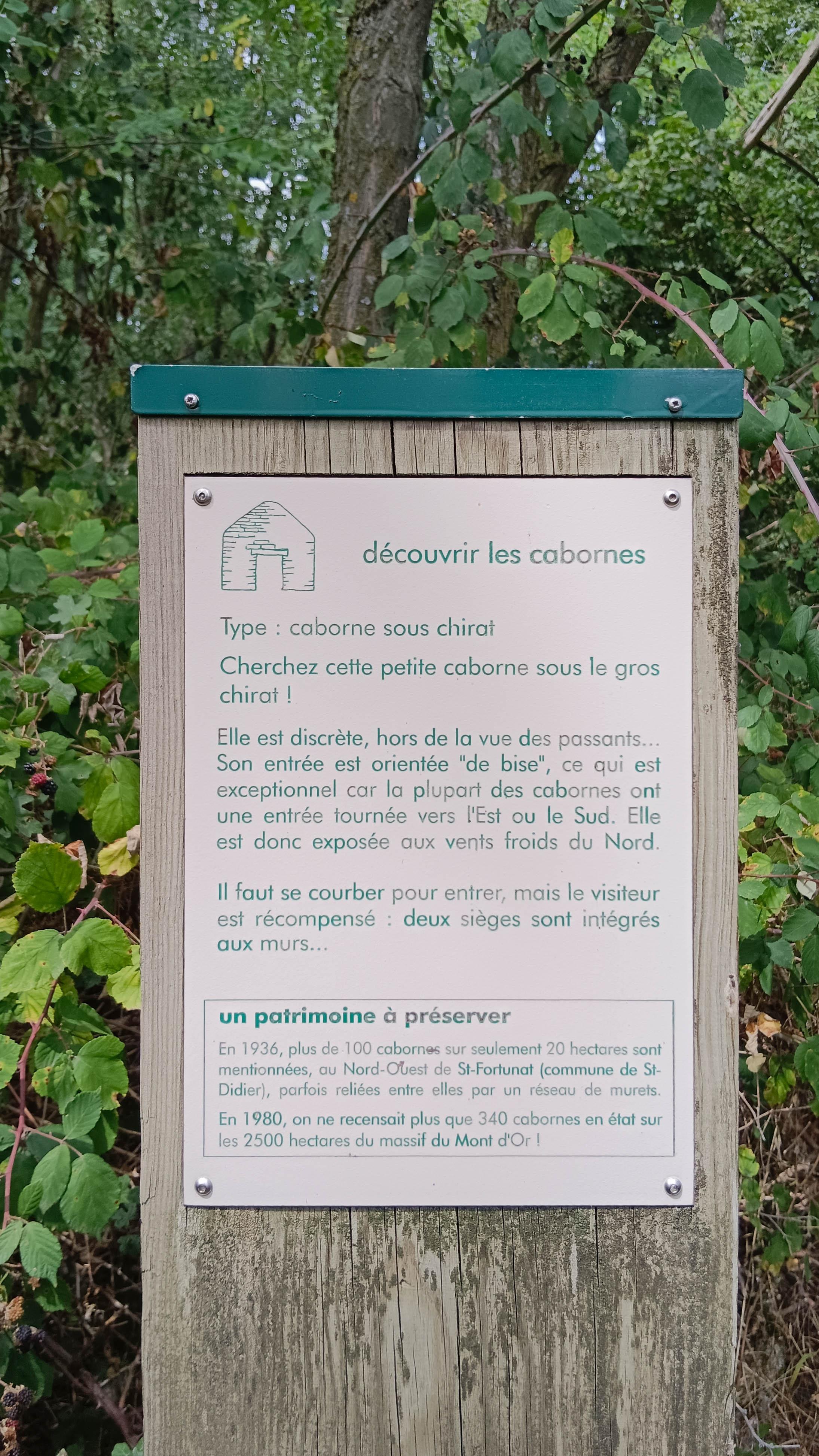Table of Contents
- Overview of the Domain Selling Landscape
- Key Factors to Consider When Choosing a Domain Selling Company
- Top Strategies for Successfully Selling Your Domain
- Evaluating the Best Platforms for Domain Valuation and Sale
- Building Trust: Understanding the Importance of Reputation in Domain Sales
- Q&A
- In Retrospect
Overview of the Domain Selling Landscape
The domain selling landscape is a dynamic ecosystem where entrepreneurs, investors, and businesses converge to buy and sell internet real estate. With the exponential growth of online presence, the demand for memorable, relevant, and brandable domain names continues to rise. Key players in this market range from individual domain investors to specialized domain selling companies, all competing for premium domains and valuable keywords that can provide a competitive edge. Understanding this landscape can empower sellers and buyers to navigate effectively.
One of the most significant trends in domain selling is the increasing importance of domain valuation. Factors influencing a domain’s value include its length, keyword relevance, and market demand. Potential sellers should engage in rigorous research, taking into account current market conditions and comparable sales to accurately assess the worth of their domains. Consider integrating the following elements into your evaluation strategy:
- Keyword Relevance: Domains with popular keywords typically command higher prices.
- Brandability: Short, catchy names are easier for companies to remember and share.
- Extension Impact: .com domains often have a higher value than other extensions.
Utilizing reputable marketplaces and auction platforms can enhance the selling process. Here’s a straightforward comparison of some popular platforms for domain sales:
| Platform | Fees | Features |
|---|---|---|
| Sedo | 20% commission | Large audience, escrow services |
| Flippa | $10 listing fee | Vast auction style, analytics |
| GoDaddy Auctions | 5% transaction fee | Trustworthy brand, wide range of listings |
Understanding the nuances of the domain selling landscape allows sellers to strategize effectively and maximize potential returns in a competitive environment. With ongoing innovations and shifts in consumer behavior, staying informed about market trends and pricing strategies is essential for success in this fast-paced space.


Key Factors to Consider When Choosing a Domain Selling Company
When selecting a company to sell your domain, it’s crucial to assess their credibility and reputation in the industry. Research potential sellers by checking their reviews, testimonials, and ratings on popular platforms. Look for companies that have a solid track record and a portfolio of successful domain sales. A reliable domain selling company should also provide transparency in their processes, fees, and terms of service, ensuring that you know what to expect throughout the transaction. Another important consideration is the services offered by the domain selling company. Different companies may specialize in varying aspects of domain sales, so it’s wise to evaluate what you need. For instance, some companies offer additional services such as marketing support, negotiation assistance, or domain appraisal. Here’s a quick breakdown of what you might expect from a reputable domain selling company:| Service Type | Description |
|---|---|
| Domain Appraisal | Estimates the value of your domain based on market research. |
| Negotiation Support | Helps secure the best price during the selling process. |
| Marketing Services | Promotes your domain to potential buyers. |


Top Strategies for Successfully Selling Your Domain
When it comes to successfully selling your domain, understanding your domain’s value is crucial. Begin by conducting thorough research on similar domains that have sold recently. This will give you a ballpark figure for pricing your own domain. Factors that influence a domain’s value include its length, keywords, extension, and overall market demand. A domain that is short, memorable, and rich in SEO-friendly keywords can fetch a much higher price. Consider using appraisal tools or consulting with professionals to establish a fair and competitive price for your domain.
Once you have a clear understanding of your domain’s worth, the next step is to market it effectively. Highlight the unique selling points of your domain in your listings. Make sure to include essential details such as:
- Domain Age: Older domains often have better authority and trust.
- Traffic Stats: Providing data on existing traffic can entice buyers.
- SEO Potential: Explain how the domain can benefit the buyer’s online presence.
Utilizing various channels for promotion is also essential. Use domain marketplaces, social media, and forums to reach potential buyers. A well-crafted sales page that includes persuasive copy can make a significant impact, so invest time in creating engaging content that resonates with your target audience.
consider negotiating terms that can appeal to buyers while ensuring a smooth transaction. Setting a reserve price and being willing to accept offers is an effective strategy. You might also want to provide alternative payment methods to facilitate the sale. Once a deal is struck, ensure that the transfer process is seamless. Utilize escrow services to protect both parties during the transaction and confirm that the domain is professionally transferred without any hassle. Here’s a brief overview of essential steps to take during the transaction:
| Step | Description |
|---|---|
| 1. Confirm Purchase | Ensure buyer’s payment is secure and verified. |
| 2. Domain Lock | Unlock the domain for transfer if it’s currently locked. |
| 3. Transfer Initiation | Initiate the domain transfer process through your registrar. |
| 4. Confirmation | Wait for the buyer to confirm the domain is received. |


Evaluating the Best Platforms for Domain Valuation and Sale
When it comes to successfully valuing and selling domain names, understanding the strengths and weaknesses of various platforms is crucial. Each platform comes with its own unique set of features designed to facilitate different aspects of the valuation and selling process. Key factors to consider include user interface, buyer traffic, valuation accuracy, and seller support, all of which can significantly impact the selling experience.
Some popular platforms provide tools that can help assess domain value based on factors such as keyword popularity, market trends, and recent sales data. These tools often utilize algorithms that analyze comparable sales to provide a ballpark valuation. The most recognized platforms include the following:
- GoDaddy
- Sedo
- NameJet
- Flippa
- DomainMarket
In addition to valuation tools, consider evaluating platforms for their market reach and the level of exposure they offer sellers. It’s important to analyze customer reviews and feedback on usability, customer service, and the success rate of sales through the platform. For a clearer comparison of some prominent features, refer to the table below:
| Platform | Valuation Tools | Buyer Traffic | Support |
|---|---|---|---|
| GoDaddy | Yes | High | Email, Chat |
| Sedo | Yes | Medium | Email, Phone |
| NameJet | No | Medium | |
| Flippa | Yes | High | Chat, Email |
| DomainMarket | No | Low |


Building Trust: Understanding the Importance of Reputation in Domain Sales
In the competitive landscape of domain sales, maintaining a positive reputation is paramount. A seller’s credibility can significantly influence a buyer’s decisions. When potential customers are browsing options, they are more likely to choose domains associated with companies that have established themselves as reliable and trustworthy. This trust factor can be fostered through consistent customer service, transparency in transactions, and a history of successful sales. By showcasing testimonials from previous clients and highlighting industry accolades, sellers can bolster their image further, making it easier to convert inquiries into sales.
Moreover, reputation extends beyond customer interactions; it also encompasses online presence and engagement. Having a professional website, active social media channels, and a portfolio of sold domains can all enhance credibility. Engaging regularly with your audience by sharing valuable content not only keeps your brand in the conversation but also positions you as an industry expert. Seller transparency regarding pricing models and sales processes can also alleviate buyer anxieties, building confidence in the transaction. Understanding how to communicate your successes can make a substantial difference in your market positioning.
A robust reputation can be quantified through various metrics, such as customer satisfaction rates, repeat client business, and social proof. The following table outlines key metrics that can help you assess and improve your reputation in the domain sales industry:
| Metric | Description | Importance |
|---|---|---|
| Customer Satisfaction Rate | Percentage of customers satisfied with their purchases | Indicates likelihood of referrals |
| Repeat Business | Percentage of customers who return for further purchases | Signals trust and satisfaction |
| Online Reviews | Averaged ratings across various platforms | Affects visibility and consumer trust |
Fostering a strong reputation in the domain sales sector is nuanced but incredibly rewarding. By aligning effective strategies with a commitment to quality service and transparent dealings, sellers can significantly elevate their status and attract a loyal customer base.

